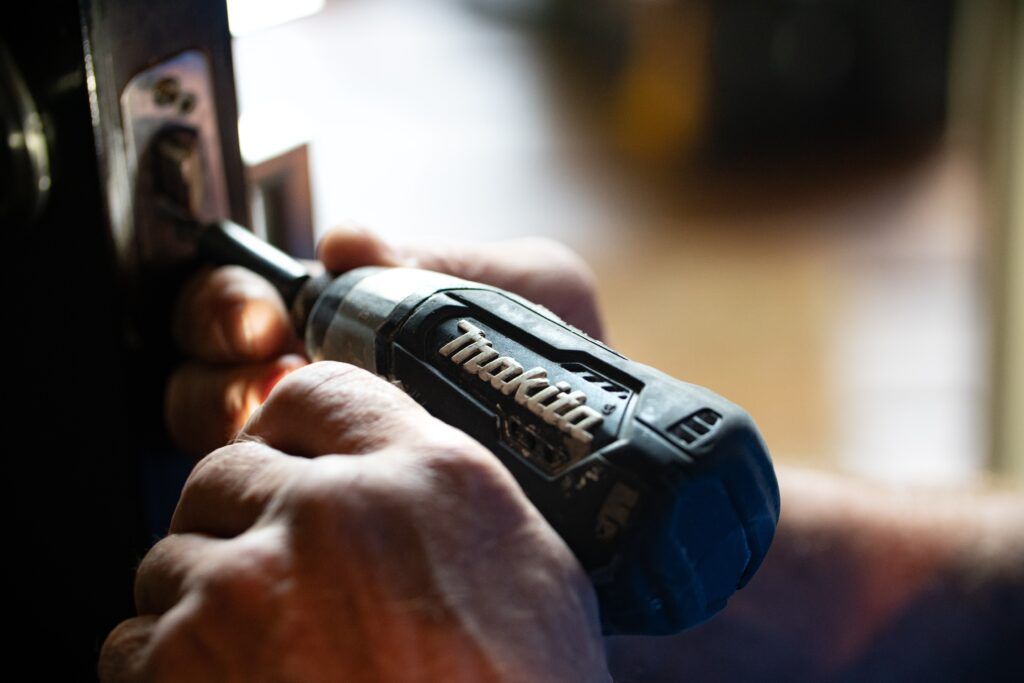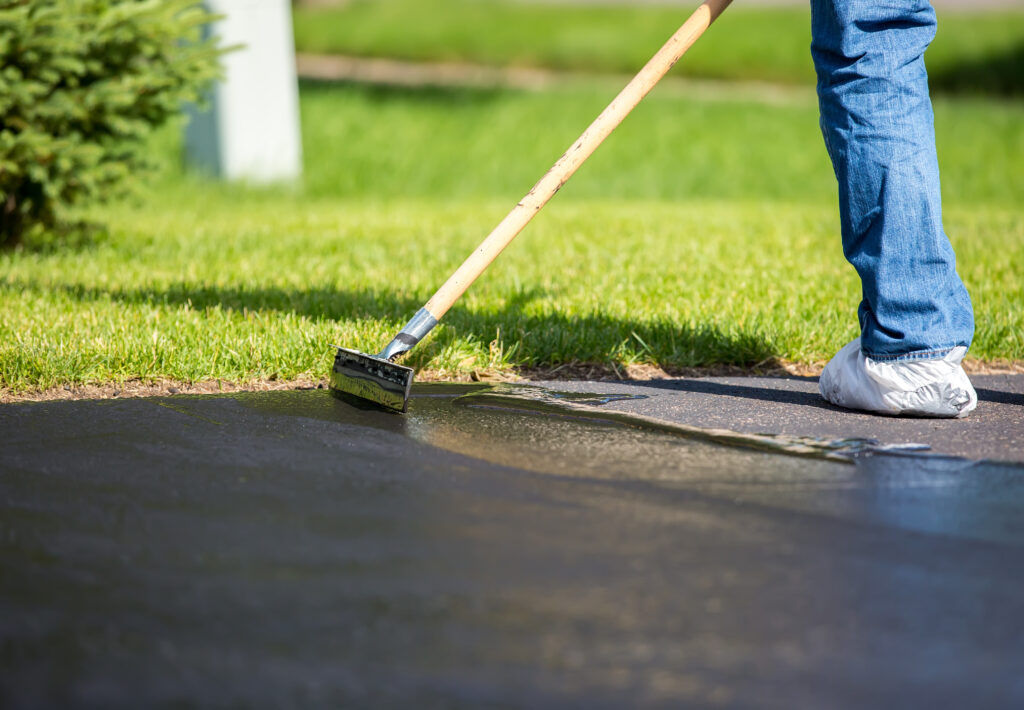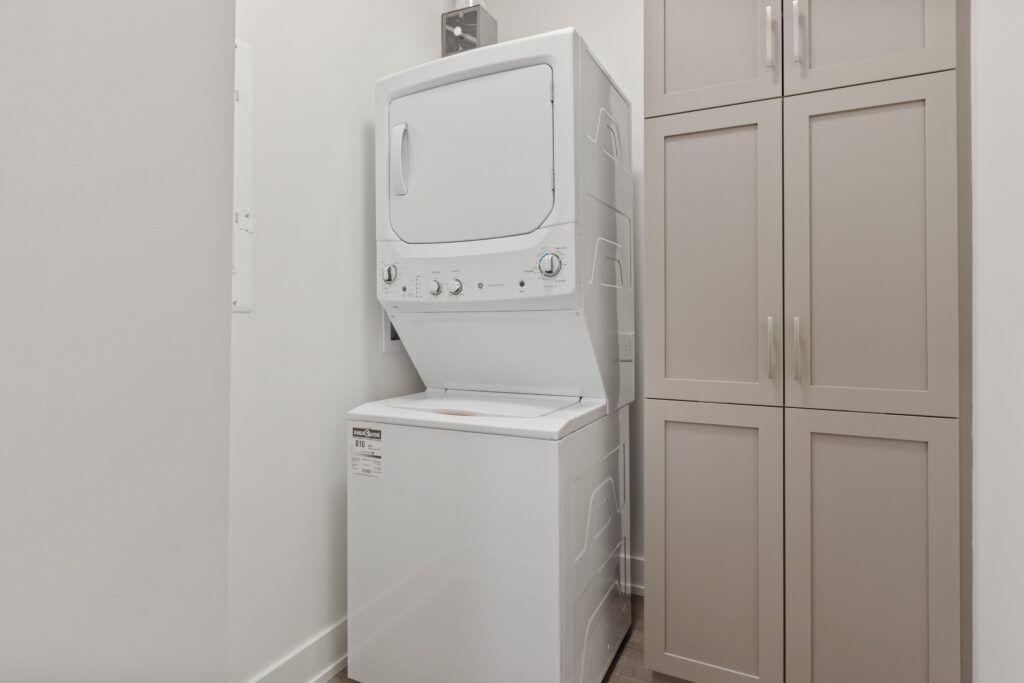- Get Advice from a Local Agent on What Matters in Your Market
- 1. Don't: Address All Cosmetic Problems
- 2. Don't: Fix Driveway Cracks
- 3. Don't: Do a Major Renovation
- 4. Don't: Spend Money on Minor Electrical Issues.
- 5. Don't: Energy efficiency updates.
- 6. Don't: Fix building code issues that are grandfathered in.
- 7. Don't: Replace old appliances.
- Which Repairs Are Worth It?
- Connect with a Top Agent Who Can Guide Your Home Prep
- 👋 Need a great real estate agent?
What Not to Fix When Selling a House: Avoid These 7 Renovations
Click here to browse our Real Estate Agent Directory and contact top-rated agents in your area!

Are you getting ready to list your house for sale? If so, you might be considering making some renovations. The home selling process starts way before a property is listed, but when you decide what to fix when selling your property.
Before you pull out the toolbox and start the hard work, pause for a moment. Not all repairs and upgrades are suitable investments when it comes to selling your home. You might find that you’re committing time and money to home repairs that won’t give you any return on your investment.
Here’s a list of the do’s and don’ts of what to fix and what not to fix when selling a house. This can save you the heartache of investing too much money.
Get Advice from a Local Agent on What Matters in Your Market
Before sinking a fortune into renovating and fixing your property, it’s best to consult with an experienced real estate professional. A local real estate agent will consider market conditions, what potential buyers prefer, and comparable homes. They’ll also look at your home’s condition before making recommendations on what to fix when selling a house. The goal of making repairs pre-sale is to save money, demand a higher price, and help you sell quickly.
If you don’t have a real estate agent, FastExpert has the largest database of agents with detailed reviews that allow you to compare professionals and find the right agent to work with.
1. Don’t: Address All Cosmetic Problems
Most cosmetic issues are not a deal breaker for buyers. They understand that a home that’s been lived in will have normal wear and tear. So if you have minor cracks in your walls, scuffed hardwood floors, or a couple of stains on a carpet, these are minor problems that don’t need to be repaired.
Do: Fix small cosmetic items that take little time or money.
However, if cosmetic problems are easily resolved, it might be worth your investment. For example, if you’ve customized the paint in a room to suit your decor, consider covering it with a neutral color. Fresh paint makes the space feel clean and new and buyers who walk through your property won’t “red flag” the extra work needed.

2. Don’t: Fix Driveway Cracks
Curb appeal is important, but driveway cracks happen and sometimes within just months of a new driveway being laid. A cracked driveway might stand out to you, but most buyers will overlook it if they like the rest of the house. Prospective buyers want a nice-looking house, not perfection.
Do: Increase curb appeal, so your home stands out.
Instead of focusing on a crack, look at the rest of your home’s exterior. What can you do that will have a significant impact on curb appeal? Often, funds are better spent on painting the property’s exterior, adding new vegetation like seasonal flowers, or just cleaning up the existing landscaping. Make your house stand out, but sinking money into details like walkway cracks will have little to no impact on buyers. If the crack is the result of a larger underlying problem, it should show up in an inspection report.
3. Don’t: Do a Major Renovation
Unless you’re a house flipper who knows how to add value to a home, undergoing a major renovation to make money when you sell might leave you in tears. Today, the cost of materials and labor has gone through the roof. So unless you have a keen eye and can strategically upgrade a home without spending too much, you might find that the renovation costs you more money than you make.
The cost of a kitchen remodel can easily stretch above $50,000 alone. If you also include bathrooms, hardwood flooring, and more, your budget can easily extend beyond what you make from the home sale. Instead, consider a partial remodel.
Do: A partial renovation can help you sell faster.
Are there small changes you can make to update a space without spending too much money? For example, painting kitchen cabinets and changing cabinet hardware can have a huge impact on the space’s design and are a better option than an entire kitchen remodel. Alternatively, consider changing the bathroom fixtures and painting tiles instead of renovating an entire bathroom. As a home seller, it’s important to remember that you are making changes that are strategic to helping you sell faster and for the highest price, not changes that you have to live with for years to come.
>>DISCOVER: When Do You Get Paid After Selling Your House?
4. Don’t: Spend Money on Minor Electrical Issues.
Minor electrical issues like a light switch that is not working or a loose outlet are usually not a big deal. Few buyers see them; if they do, they are generally willing to overlook them. Buyers understand that a home will have imperfections.
Do: Fix major electrical problems.
While minor electrical problems can be left to the next owner’s discretion, major electrical need to be addressed. For example, if you have dangling light fixtures, exposed wires, old wiring, or an outdated electrical service panel, then you want to prioritize these fixes. Major electrical issues will come up during a home inspection. Because their costs can be unpredictable, they will scare away or push many buyers into aggressive negotiations on the asking price.
5. Don’t: Energy efficiency updates.
In a world where sustainability is a top priority and buyers appreciate seeing LED lighting, solar panels, and efficient cooling and heating appliances, you might think that this is where you should spend your renovation budget. Think again. Updates that will only improve a property’s utility efficiency but not its appearance will not deliver a great return on investment in a real estate sale.
Efficiency updates are often considered “invisible.” They are nice to have and certainly a bonus to buyers, but they won’t be what makes or breaks a purchase.
Do: Fix any major efficiency problems.
If you have issues that stand out, such as a broken window pane, damaged gutters, or heating and cooling problems, then address these items before you list your home. A broken window pane or damaged gutters indicate to prospective buyers that your home had deferred maintenance. Signs of deferred maintenance will make many real estate buyers wonder, “What else needs to be fixed?”
6. Don’t: Fix building code issues that are grandfathered in.
Many sellers will engage a home inspector before they list their property to get ahead of repairs before they are brought up in a buyer’s inspection. Often, it’s less expensive to address home repairs before accepting offers as sellers have more time to find the right help and consider their options. Home inspections often bring up building code items. If your property is older, it’s common for these items to be grandfathered in and, therefore, not subject to the building code. Current building codes are constantly being updated, but real estate owners are not expected to continually renovate their properties to keep up. It’s great to be aware of these discrepancies because if a buyer brings them up, you have an easy and accurate answer, but you don’t need to modify your home to bring it up to code if the code violation is grandfathered in.
Do: Address building code violations that are not grandfathered in.
If it makes financial sense, fix building code issues that haven’t been grandfathered in. For example, if you completed a DIY renovation, such as a finished basement that doesn’t have the necessary window access, then consider adding an egress window. Home inspectors will quickly identify this problem and label the space as unfinished if it doesn’t have the required access and permit. Check with your building department about their egress window requirements to make sure you’re following their building requirements. By bringing your basement up to code and permitted, you’re adding finished square footage to your space and considerable value.
Other common and easily fixed building code issues include:
• Missing handrails.
• Missing smoke or carbon dioxide detectors.
• Wiring connections or open wires.
• No bathroom ventilation.
7. Don’t: Replace old appliances.
It can be tempting to replace old appliances with shiny new ones. Brand new appliances can undoubtedly be a selling point, however, a prospective buyer will know that appliances are easily replaceable. If your house has an old kitchen and you want to modernize it by only replacing appliances, it’s best to hold off.
Do: Replace broken appliances.
Have you been living with a leaking or barely functioning dishwasher for years? Then it’s time to invest in a replacement. While all new appliances might not deliver a good monetary return, real estate buyers will want them to function.

Which Repairs Are Worth It?
The repairs that are worth the cost should make are those that make your home safe and attractive to the broadest market of buyers. That means neutral changes, practical fixes, and lots of cleaning. Most homes don’t require significant renovations to sell. Instead, you want to make home modifications that have the biggest positive impact on the sales price.
Connect with a Top Agent Who Can Guide Your Home Prep
If you want to know what not to fix when selling a house, you should connect with a top local agent who understands your market and your competition. Experienced real estate agents will work with sellers to help them maximize the value of their assets and make modifications that will help them sell quickly. They will start with a comparative market analysis to help you create a “todo list” and a “do not fix list.” This information can be invaluable to sellers and form the foundation of their pre-sale renovation.
👋 Need a great real estate agent?
FastExpert is the #1 trusted platform to search, compare and hire the best agent. Start searching with FastExpert and connect with your local real estate agent today.





